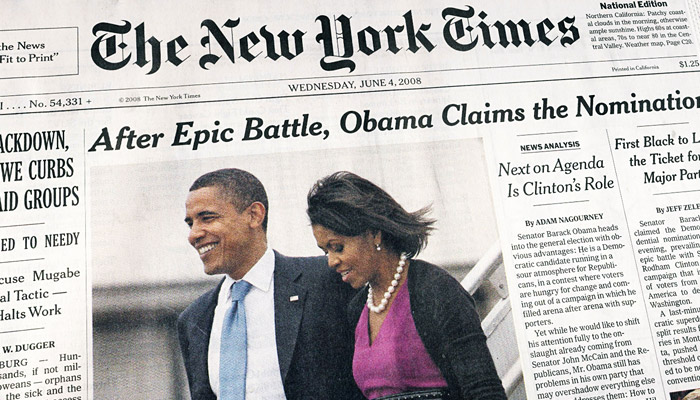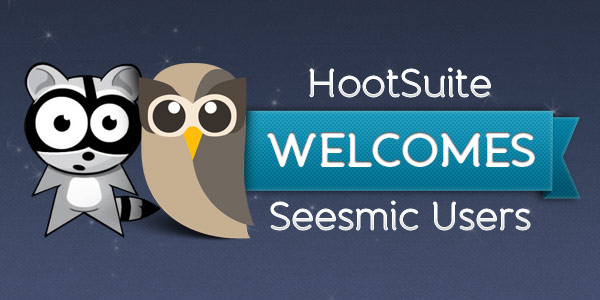Thanks to Curiosity, we now know that water was flowing on Mars by observing little rocks on the ground. It's a very exciting discovery. It means Mars may once had an environment habitable to life forms. There may still be waters near the Martian surface, and it could provide one important building block of sending human to Mars.
Even before the Curiosity's discovery, many have been talking about manned mission to Mars. In fact there is a Wikipedia page outlining big challenges to be solved to get human on Mars.
Even before the Curiosity's discovery, many have been talking about manned mission to Mars. In fact there is a Wikipedia page outlining big challenges to be solved to get human on Mars.













